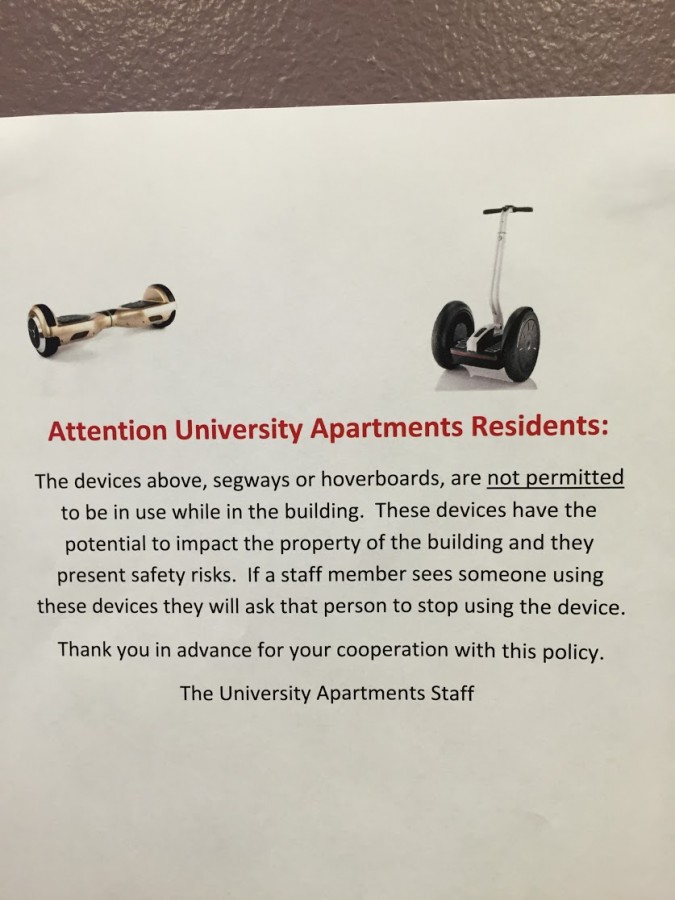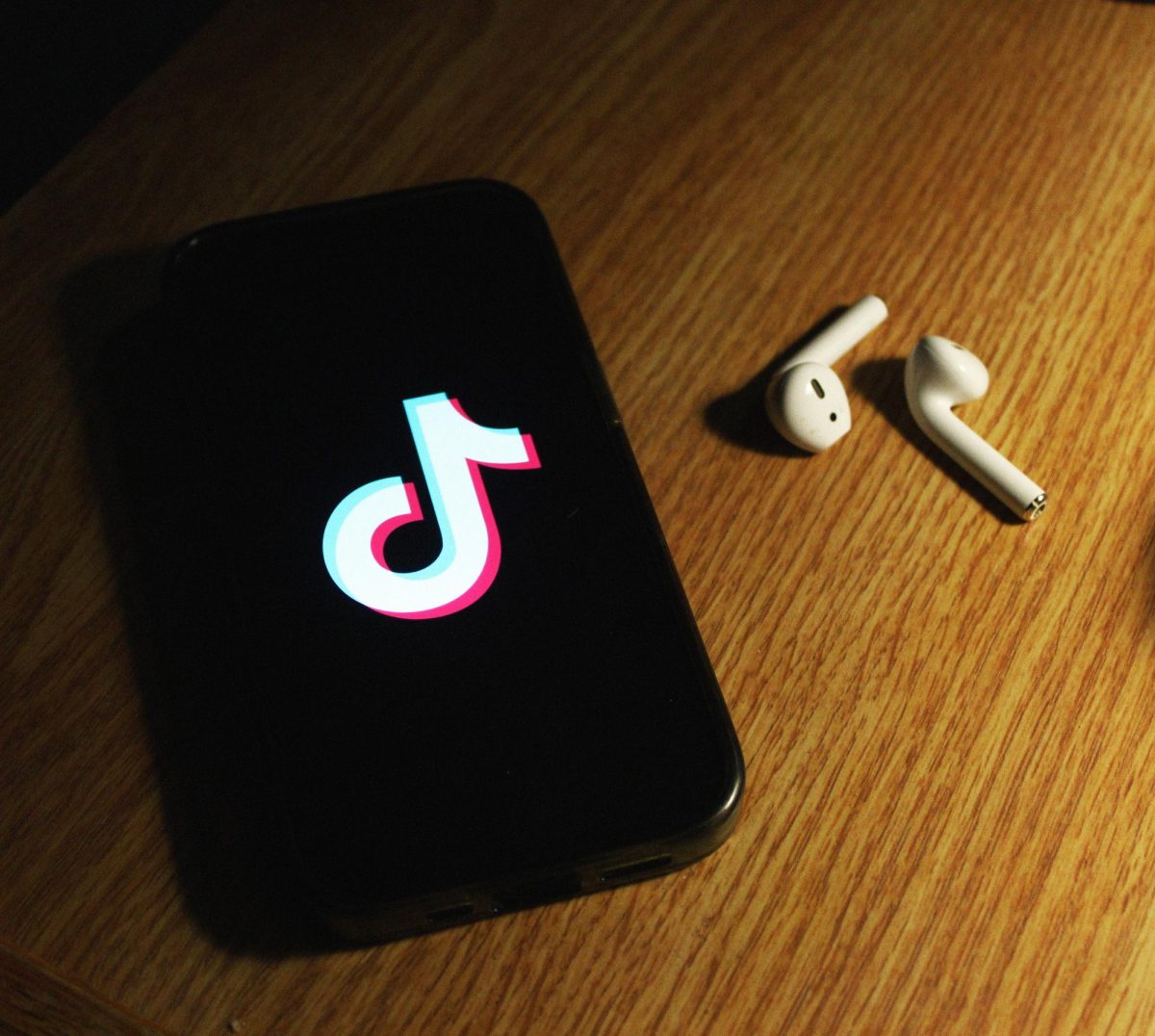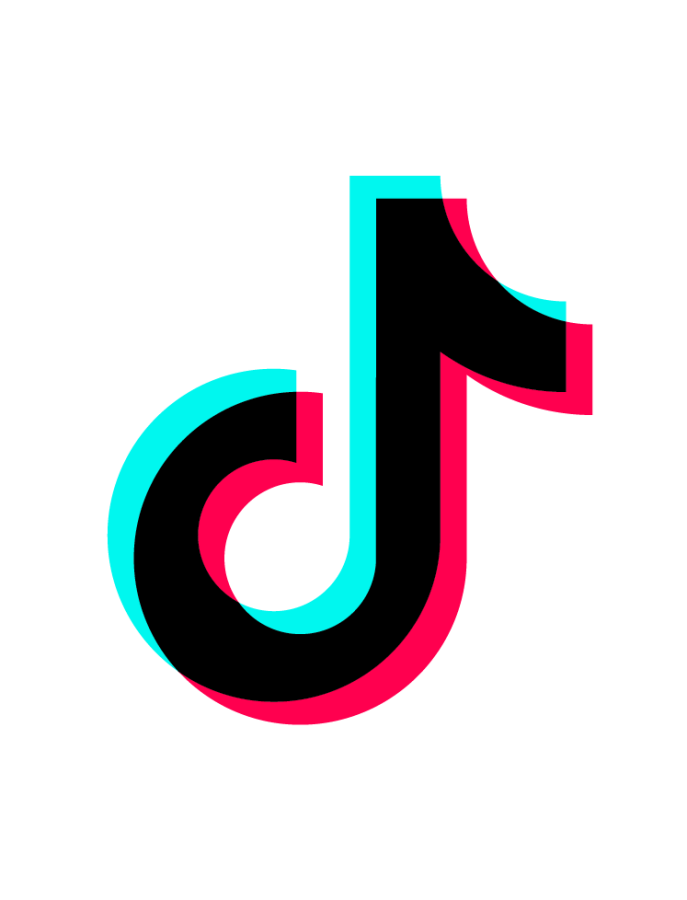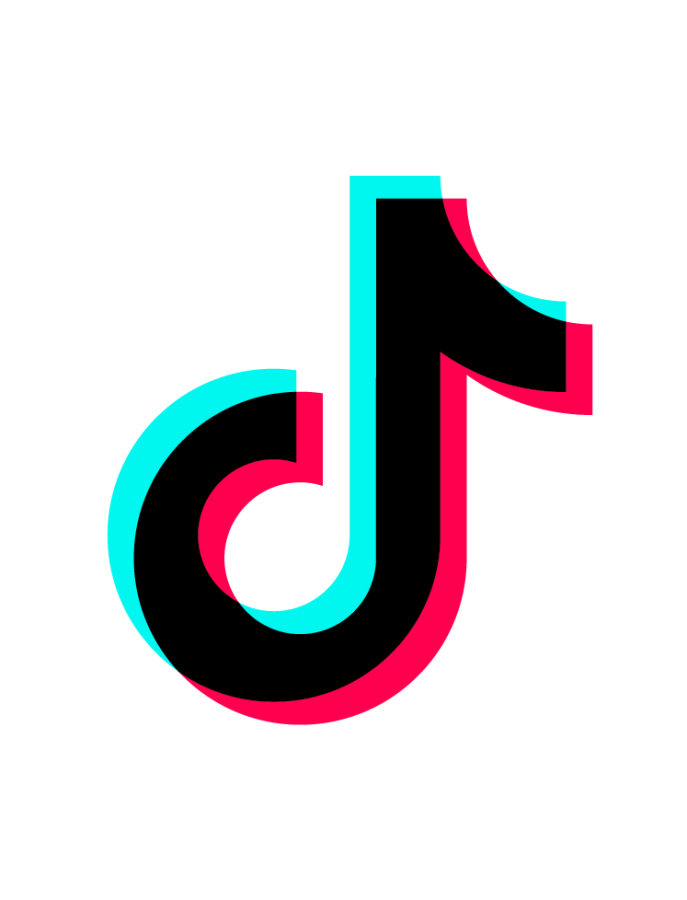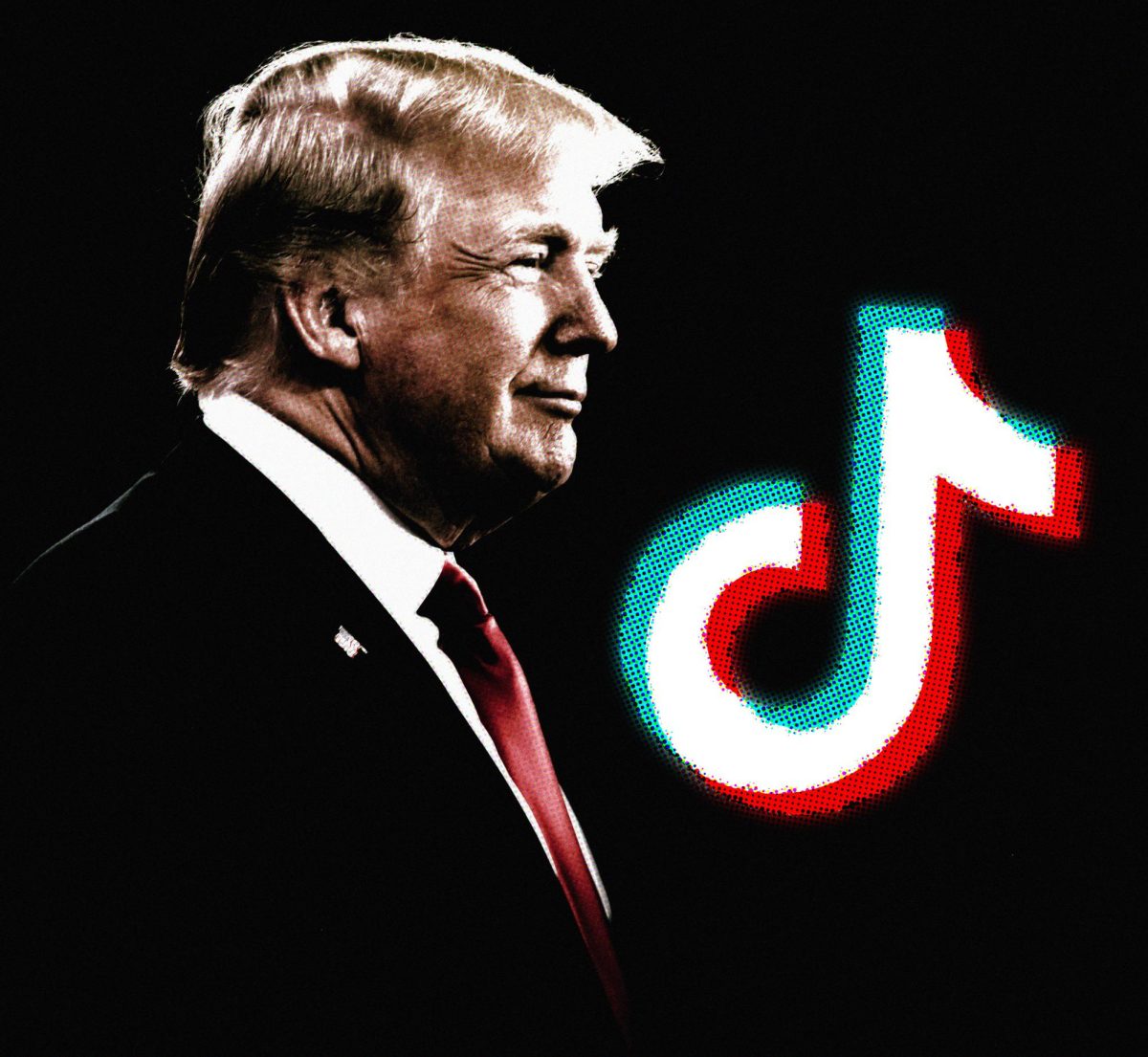Americans could lose access to the immensely popular social media app TikTok starting as soon as tomorrow, Jan. 19.
The Supreme Court has upheld a law stating that the app must either be banned or sold from its original ownership under the Chinese parent company known as ByteDance, and acknowledged this potential ban as an act of national security, not a violation of free speech.
“There is no doubt that, for more than 170 million Americans, TikTok offers a distinctive and expansive outlet for expression, means of engagement, and source of community,” the court’s ruling said. “But Congress has determined that divestiture is necessary to address its well-supported national security concerns regarding TikTok’s data collection practices and relationship with a foreign adversary.”
Sinead Nash, a first-year in the College of Nursing, said she uses the app for an average of about 53 minutes a day, and feels that she is most addicted to TikTok compared to other apps.
“I don’t really think it’s good for me,” Nash said. “Screen time in general, I’m trying to get a handle on it.”
According to the National Library of Medicine, TikTok’s algorithm is the most advanced and is considered the most addictive when compared to other social media apps.
Despite that, Nash said she also finds herself turning to the app for advice.
“I remember when I was going to college I was looking up, ‘Advice for college freshman,’ or even ‘Advice for recruitment,” Nash said.
Bridget Lynch, a sophomore in the College of Nursing, said she tries to have TikTok deleted when she is at school, in order to avoid the app as a distraction.
“Everytime I open my phone — even if I don’t open it to go on TikTok — I end up going on TikTok,” Lynch said.
TikTok is not only used as an app for popular dance trends, it’s also a platform users find their news, music, movies, TV shows and style inspiration.
“It’s definitely a platform where a lot of people and small businesses make money from, so that’s obviously gonna change if it gets banned,” Lynch said. “There’s also a lot of learning. You can always look something up on TikTok if you’re wondering about it.”
According to Pew Research Center, about half of U.S. adult TikTok users — 52% — get their news regularly from the app, which works out to 17% of U.S. adults. The article also stated that public support amongst adults for a TikTok ban has declined, falling from 50% in spring 2023 to 32% in summer 2024, saying in a survey that they would support a ban on the app.
Annie Whitmore, a first-year in the College of Education, said she also finds the app to be a distraction, is on it more than she would like, but also finds it helpful in learning about new interests.
“I find more music, movies, underground artists and small businesses in my area that I can support,” Whitmore said. “I think it just puts me onto things I wouldn’t have found by myself.”
Nash and Lynch both said they find new movies, books and music on TikTok, but are also finding new hobbies to replace their time spent on the app.
Lynch said she reads before going to bed instead of scrolling on TikTok, and Nash is trying to pick up a new hobby of crocheting. Both also noted they use Instagram Reels, the app’s feature showcasing similar short-form videos, as an alternative.
Currently, the app is scheduled to “go dark” on Sunday, as Noel Francisco, a lawyer on behalf of TikTok, said was his understanding of the app’s ban during oral argument, according to Washington Post. The only and unlikely way TikTok can avoid its looming ban is a last-ditch divestiture from its ownership under ByteDance.
As of 1:15 p.m. today, Jan. 18, President-elect Donald Trump told NBC News he expects to “most likely” give TikTok a 90-day reprieve from a potential ban once he’s taken office on Monday.
This story was written by Annie Goode. She can be reached at annie.goode@marquette.edu.





